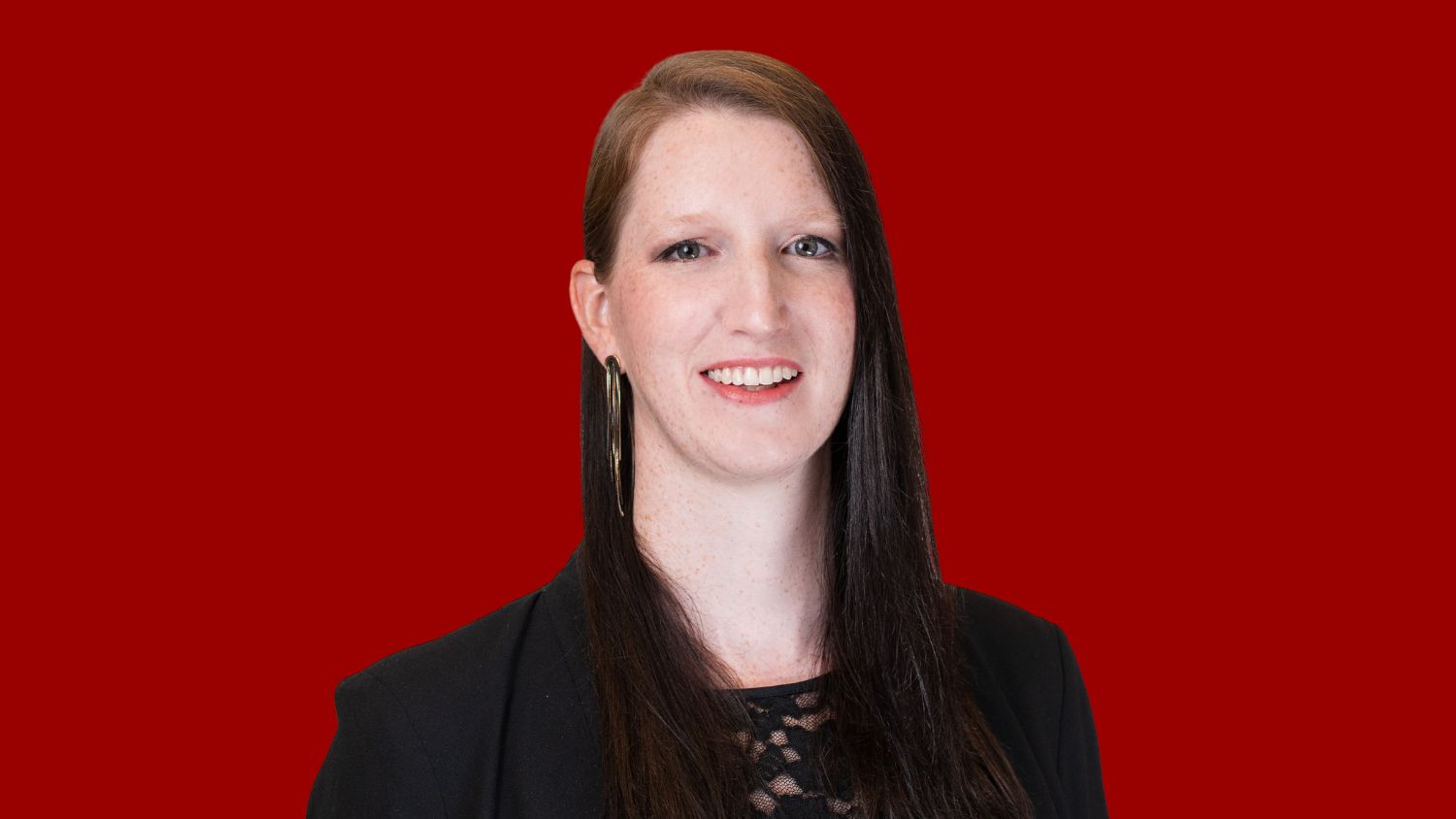By: Eliana Chow
For the third consecutive year, incoming Jenkins Master of Accounting (MAC) students launched straight into the world of data analytics with an intensive one-week boot camp. Due to NC State’s ongoing COVID-19 guidelines, the program took place online, with professors and students interacting over Zoom. In this virtual space, students learned to display data using an artful combination of creativity and mathematics across several software platforms.
Designed to familiarize students with popular data analytics and visualization technologies used in industry, the boot camp is part of an ongoing effort to integrate a robust data analytics component into the accounting program at NC State’s Poole College of Management.
Introducing a New Toolkit
Each day of the bootcamp, accounting faculty delivered a presentation with an emphasis on a different aspect of data analytics. Students then broke into teams to complete case studies related to the day’s lecture or lab. Professors were also available during project hours to provide guidance and answer questions.
The bootcamp is geared toward achieving several complementary goals, according to Jim Scalise, a professor of practice in the accounting department. “We want students to hone their analytical skills, using tools to support those findings, and develop communication skills to convey that information,” he says. “This is key as they transition into the MAC program and future professional responsibilities. A skilled accountant in any industry is able to communicate their analysis and its implications to leading managers, decision-makers and other stakeholders.”
At this year’s bootcamp, Scalise taught a module on Tableau, a data visualization software that enables users to organize and analyze diverse sets of data across a wide range of available formats, including line charts, bar graphs and geographic maps. Tableau is especially valuable in an academic setting because students can learn how to use the tool’s pre-built functions without any previous knowledge about computer programming, Scalise explains. “Regardless of their technical background, we have the chance to introduce students to something that will most certainly benefit them in their careers,” he says.
To develop an introductory understanding of Tableau, students were tasked with organizing, analyzing and visualizing NC State Wolfpack football statistics. After Scalise set the stage with a lecture, complete with interactive examples, students split into their assigned groups and put their newfound skills to work.
Key Takeaways
“Exploring the program alongside my peers gave me a newfound appreciation of the countless ways you can shape data,” reflects Callie Adams, MAC ’22. One of her key takeaways from the module was how analysts can draw drastically different conclusions about the same group of subjects depending how they organize and visualize available data. For example, a football player’s performance rating may fluctuate based on whether his statistics are measured month-to-month or year-to-year.
Adams expresses gratitude for the bootcamp for giving her a head start in her MAC program at the same time she’s preparing to take the four parts of the CPA exam. “Before coming to bootcamp, I had only ever used Excel to sort data,” she shares. “Through the Tableau lab, in particular, it was rewarding to tackle new ways of molding data that I know will set me apart as I move forward in my tax career.”
According to Scalise, exposing students to data analytics early provides them with a more well-rounded toolkit to approach the rise of digital technologies in the profession. As the academic year continues, he plans to incorporate more concepts from the Tableau lab into his classes. “At the end of the day, my greatest desire is for my students to succeed,” he affirms. “As we continue to develop and refine the bootcamp program, I hope we can continue to instill confidence in our students surrounding these technologies so that they’re equipped to help their companies succeed.”



